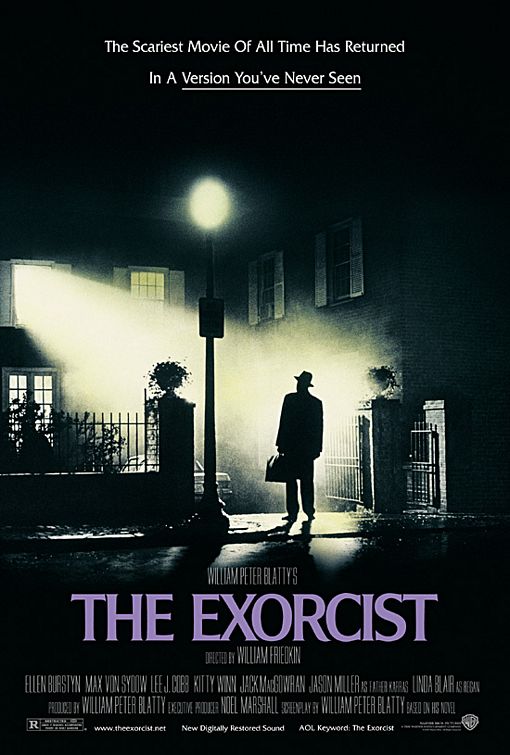I should state for the record that I've been nuts about Superman since I was a child. I cherish the character and the source material, so I'm bound to be tough to please.
It's funny, then, that none of my problems with MoS stem from fanboy nit-picking. (In fact, I enjoyed nearly all the film's departures from canon. Altering the details of Clark's childhood and relationship with his parents—well done. Making Lois a Celtic-looking strawberry blonde instead of a sleek brunette—great idea, why not.)
My bottom-line reaction was: Impressed by the inspired twists put on an origin story we all know, but otherwise I was bored. Lots and lots of shit blew the fuck up, and I was bored.
Other random (and highly biased) reactions I had:
* I liked when Clark destroyed that mean guy's truck. If the guy's semi truck had the Budweiser logo on it, Clark could have crushed it like a beer can. You know, so long as we're doing wall-to-wall product placement, might as well.
* Richard Schiff and Christopher Meloni should be in everything.
* Let’s have a sexy little first-kiss makeout session while the fresh ruins of a major metropolitan area smolder all around us. Yes, Lois, it is all down hill after a first kiss. And it's already downhill for the thousands of human beings who surely perished moments ago from the intergalactic warfare that toppled every building in sight. Yep, this is the perfect setting for a first smooch. Is it me, or was them kissing, there, at that moment, just plain perverse? (It's like in Team America, when the characters are talking about their love lives and who "has feelings" for whom while they are literally shooting missiles and blowing up terrorists.)
P.S., The little boy with a Superman t-shirt who sat next to us seemed to doze off at one point, and then Hans Zimmer's balls-to-the-wall drum orchestra woke the kid up. It was adorable.












 I enjoy productions setting Shakespeare somewhere else, when done well. One of the early Shakespeare In The Park productions I saw in Buffalo as a kid had them set McBeth in a Latin American country, with McBeth as a General. The play opened with an army jeep pulling up on stage. Two years ago, they did an all female version of the same play. Very good, with my sister's old high school friend getting the best writeup in the paper.
I enjoy productions setting Shakespeare somewhere else, when done well. One of the early Shakespeare In The Park productions I saw in Buffalo as a kid had them set McBeth in a Latin American country, with McBeth as a General. The play opened with an army jeep pulling up on stage. Two years ago, they did an all female version of the same play. Very good, with my sister's old high school friend getting the best writeup in the paper.